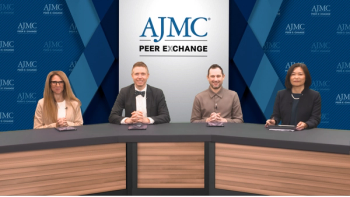
Panelists discuss how biosimilars for adalimumab have faced unique challenges in the prescription benefit space compared with earlier oncology biosimilars, highlighting the importance of interchangeability designation, advance planning, and stakeholder education when implementing biosimilar adoption strategies.









